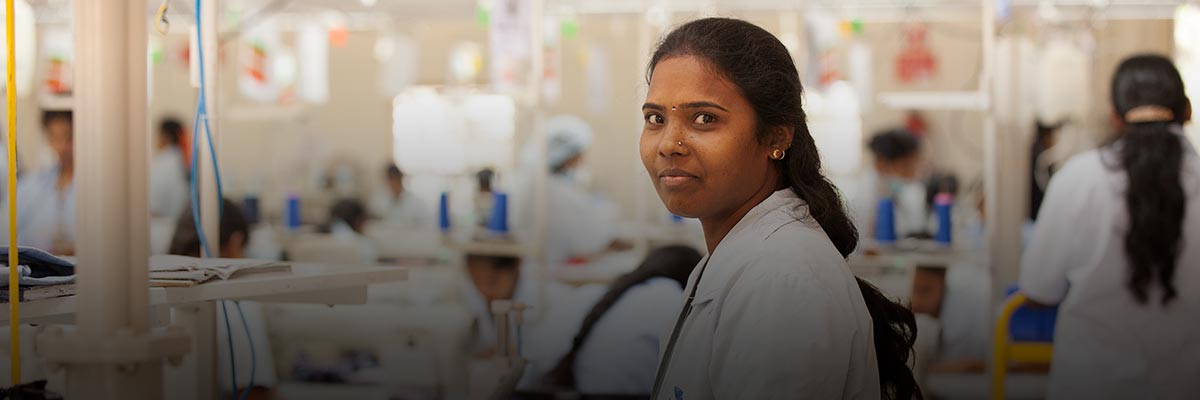Stockholm
October 11, 2017
9 am - 12 pm CET
This year, progress on bridging the gender equality gap has been reported as “far too slow” by the UN High Level Panel on Women’s Economic Empowerment. In order to accelerate the pace of progress, a number of companies are making top-level commitments to women’s empowerment and gender equality, but few of them have matched commitments with concrete plans integrated throughout the business.
Lindex and BSR are organizing a networking event on the opportunities for companies to make concrete strides on the advancement of women in the value chain. This event will be the opportunity to:
- Learn how Lindex is integrating gender equality into supply chain management systems through its recently launched “WE Women by Lindex” initiative.
- Find out about the Women’s Empowerment Principles (WEPs) that aim to advance and empower women in the workplace, marketplace, and community, and the WEPs Gender Gap Analysis Tool, which enables companies to identify strengths and areas where further action can be taken toward achieving gender equality.
- Hear from organizations such as Sodexo on how they are actively contributing to women’s empowerment.
Event Partner:

